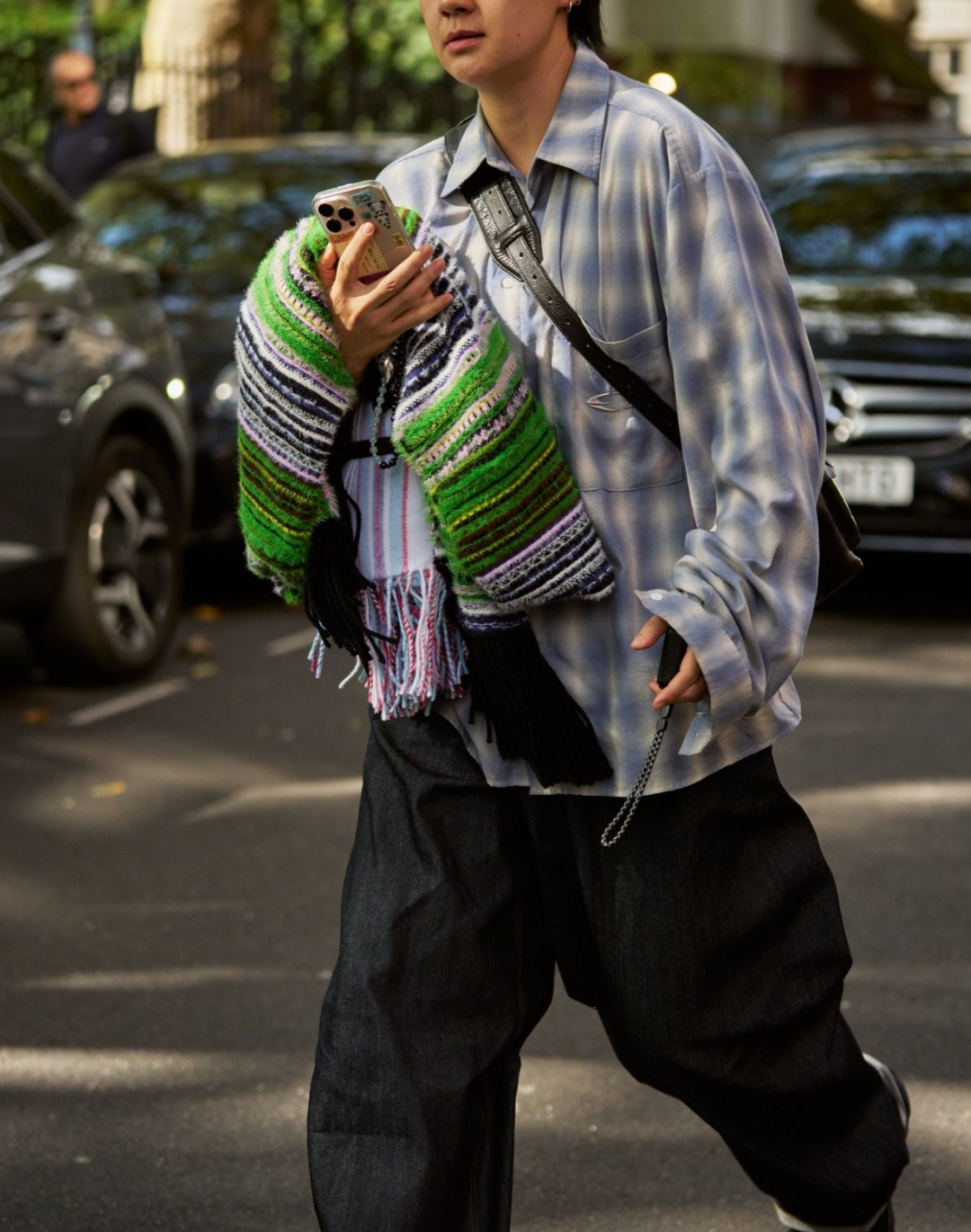
The shopping apps that want us to shop less Fighting consumption to continue consumption
One of the main problems facing fashion in the field of sustainability is overconsumption. A 2016 study by the National Library of Medicine, for example, noted many years ago that «the frequency of compulsive buying behaviour has increased worldwide during the two last decades», in a surge that followed the development of online shopping. This very correlation is based on another study published in March in the Journal of Internet and Digital Economies, according to which « Internet shopping increased compulsive buying». A fact whose confirmation can be quite empirical considering how, in the field of fashion for example, major luxury retailers have their own dedicated apps on which purchases can be made at the click of a button thanks to pre-saved credit card data and quick checkouts. The problem of overconsumption has reached such significant (including psychological) dimensions that a new generation of apps has emerged to counter these behavioral patterns. Some of these, listed by BoF, are Shopping Addiction Calendar, ByeByeBuy, Quitzilla e BlockSite – although the article's author himself, Marc Bain, notes that their influence is relatively too weak to solve, for example, the debt problems that have arisen with the spread of various installment payment formats such as "buy now pay later."
This very format, the ways in which it varies depending on the apps they use, has led especially in America to a serious debt problem for younger consumers. In fact, as we wrote in a previous article, Scott Galloway, professor of marketing at NYU, has in fact called the BNPL "the equivalent of the subprime mortgage crisis." This was complicated after recent investigations conducted by the The New York Times on the so-called "dark patterns" of luxury retailers, including secondhand retailers. Dark patterns (the term was coined in 2010 by British consultant Henry Brignull) are covert marketing techniques that, for example, notify a user that another user has saved a certain amount of money by using a certain discount code, thus instigating him or her to buy in turn -except that the second user never existed and the site is playing with its customers' minds. Other techniques range from simple color coding of buttons and buttons to complex algorithms that predict behaviors and suggest products designed specifically for different customers. According to The New York Times:
«The prevalence of dark patterns across the web is unknown, but in a study released this week, researchers from Princeton University have started to quantify the phenomenon [...]. The researchers developed software that automatically scanned more than 10,000 sites and found that more than 1,200 of them used techniques that the authors identified as dark patterns».
The anti-consumer apps discussed above are based on similar psychological mechanisms. Many of them, for example, use calendaring and site-blocking systems to, for example, force users to buy a single product a week or plan their spending in such a way as to discourage compulsive shopping. In both the U.S. and Europe, albeit by different legislative paths, a type of regulation has come through recent provisions on user privacy and the collection and use of their data. In America, for example, two senators have proposed a bill that would make dark patterns illegal and transfer jurisdiction to oversee them to the Federal Trade Commission. In Europe, on the other hand, the General Data Protection Regulation, or GDPR, which is perhaps the strictest regulation on the buying and selling and use of data in the world, has been up since 2018. The law has worked so far, but it possesses a fatal flaw in what the Center for Strategic & International Studies defines “consistency mechanism”: «Major tech giants, including Facebook, Twitter, Google, and Apple have declared Ireland their main establishment, making the Data Protection Commission the lead authority. However, the DPC has been constrained by insufficient resources and staffing, leading to a significant backlog of cases».
The issue is not an easy one to solve, especially for fashion. For on the one hand, brands and retailers are striving to make the shopping experience increasingly fluid and personalized, but on the other hand, this increasing sophistication comes at the expense of the privacy of the users themselves. It is generally agreed that sustainability in fashion is based on using sustainable materials and stopping overconsumption-but it is in doubt that anti-shopping apps can stem a problem that borders on anthropological phenomenon proportions. The fact that they have sprung up, however, testifies to the fact that a part of the tech world is beginning to realize the problem, including Apple, which has been securing more of its users' data with its latest updates. Whether the mechanism will work or not only time will tell.




















































